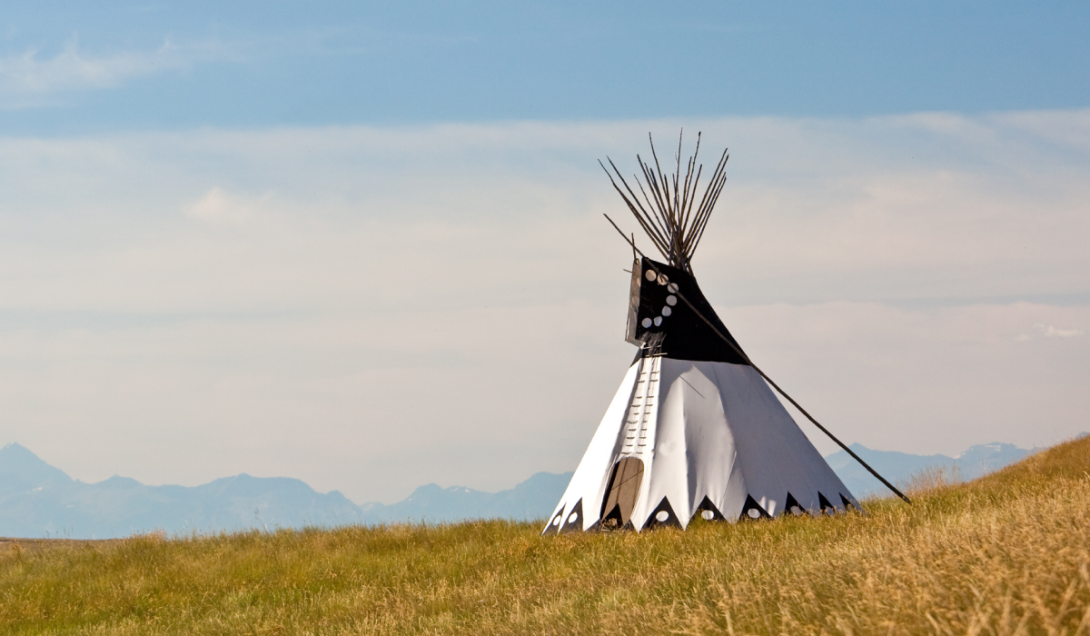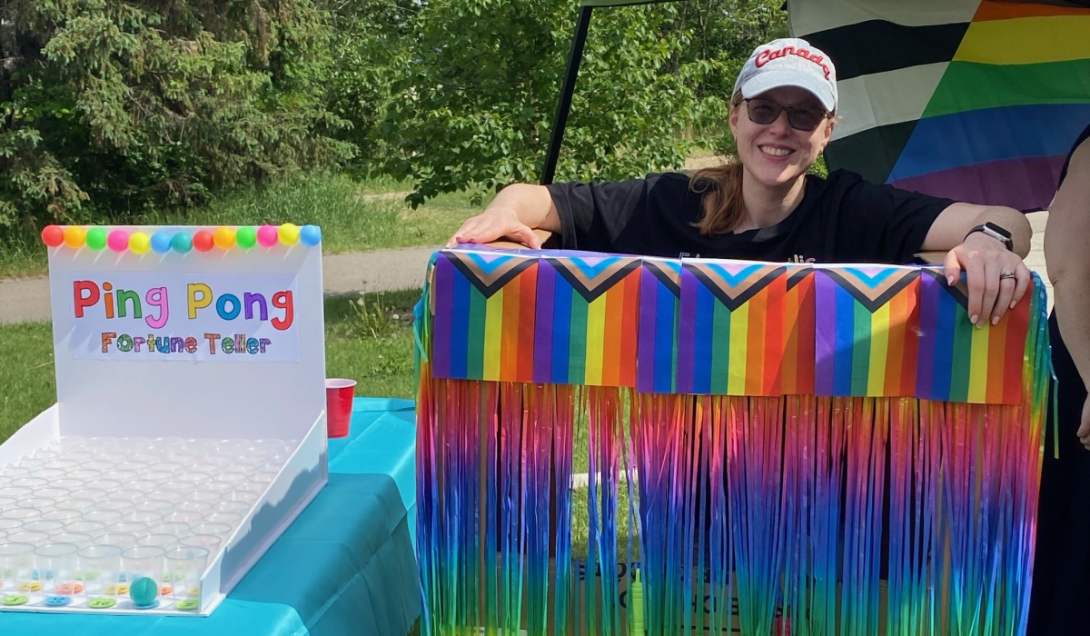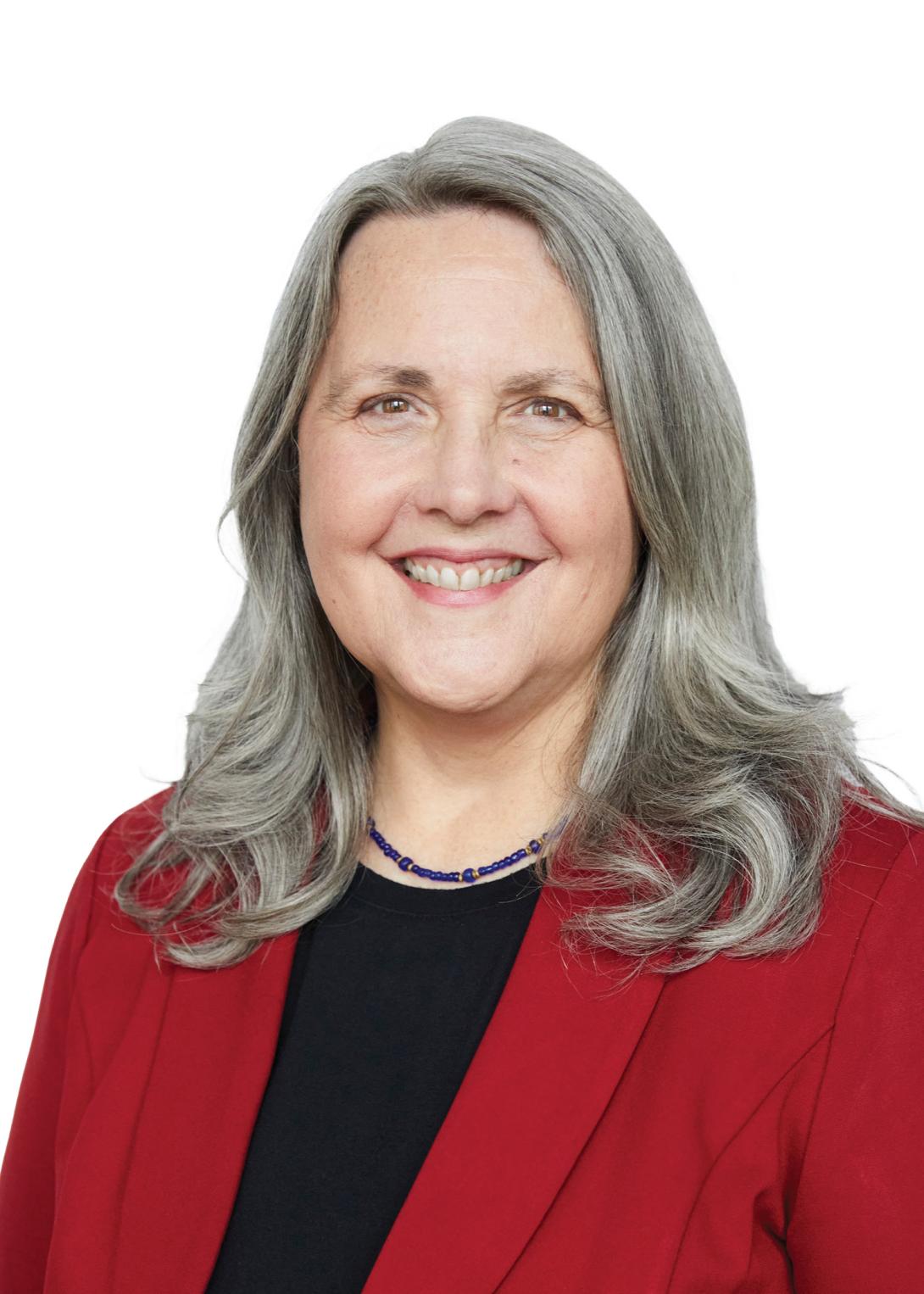The 2023 Alberta general election is finally over. The UCP remains the governing party in Alberta. Currently, the UCP holds 48 seats, the NDP 38 seats, and one independent MLA, Jennifer Johnson, holds Lacombe-Ponoka.
The official results will be announced on June 8, and candidates have eight days following that announcement to apply for a judicial recount to the Court of King’s Bench. At this time, we expect the results to remain unchanged.
When we look back at the last year, a UCP victory was anything but a certainty. The NDP lead in public opinion polls for much of the last two years.
In the spring of 2021, Jason Kenney faced an internal leadership review, and even though he did get a slim majority, he chose to resign once a new leader was selected.
With a UCP leadership race, Danielle Smith announced she was in. She had said as much before, but she was largely ignored. With an aggressive populist campaign in place, she was quickly the front-runner.
Winning a party leadership is a different path to victory than a general election. The question remained whether she could adjust and find the support she needed from the public.
The election results indicate that she did. However, she has a smaller team to work with and a much larger opposition in the Alberta NDP. Smith said in the fall of 2022 that she needed to retain the majority of the rural Alberta seats and pick up enough in Calgary to win a majority and she did just that.
There are 87 seats provincewide in Alberta — 20 are in Edmonton, 26 are in Calgary and 41 are spread throughout the rest of the province. The NDP swept Edmonton, the UCP delivered the rest of the Alberta seats outside of Edmonton and Calgary excluding St. Albert, Sherwood Park, Lethbridge-West, and Banff–Kananaskis.
Calgary was the battleground. In the end, the NDP won 14 seats and the UCP 12, giving the UCP the majority of seats in the legislature and allowing them to form government.
A campaign heavy on personality and light on policy has left many wanting more...
This campaign was unique. Both parties kept a low profile. They did not release full platforms and seemed to be waiting for the other party to make a mistake.
While the campaign seemed too negative, they both focused on their opponents’ pasts rather than their proposed future.
Past comments from UCP candidates drew the most attention from neutral observers. Of all the NDP’s promises, the pledge to increase corporate taxes drew the most attention from neutrals. Some think it was the deciding policy of the campaign.
The fate of the campaign seemed to hinge on the leader’s debate. The expectation of many was that Smith would falter in the debate, but she exceeded expectations.
Rachel Notley faced a dilemma in the leader’s debate. To win the election, she needed to garner the support of moderate conservatives that traditionally voted PC. Her blue blazer showed as much. She also needed to aggressively confront Smith on many of her problematic comments. Notley chose moderation.
The NDP strategy was a one-two punch — highlight all the terrible statements by UCP candidates and offer moderate policies. The strategy had an impact. The NDP gained 11 seats (from three) in Calgary. With Calgary being considered a conservative heartland, this is impressive.
The UCP strategy was simpler — show a change in the direction of the government since Premier Smith took office in October and show contrition for past statements. With a significant oil and gas budget windfall and a long history of public speaking, Smith and the UCP executed their strategy.
A campaign heavy on personality and light on policy has left many wanting more, including answers on where we go in the next four years. With Smith having made her mandate letters to ministers public, we should have a sense of direction soon.
While the UCP have a four-year term to govern, the next year or so will be volatile. This isn’t saying much in Alberta politics, where every day seems to be wild, but both parties will have to decide who leads them into the future.
Rachel Notley has led the NDP since 2014 through three general elections. She is well respected and is being given the time to decide her future.
The UCP, on the other hand, change leaders often. They seem to last longer than lettuce but not by much. The UCP will review Danielle Smith’s leadership in the next year or two. Like last term, this will determine the future of the UCP and the government of Alberta.
James Johnson is the director of public affairs and Heather Feldbusch is the government relations associate for Alberta Counsel, a firm that engages in government relations and lobbying.
Read more
View the entire digital issue of the ATA News
See the latest issue

